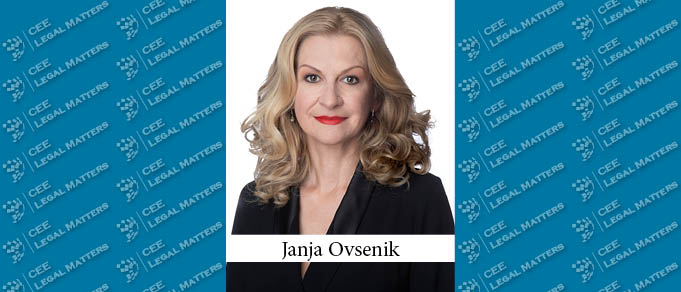The Constitutional Court of the Republic of Slovenia has decided to repeal provisions of the third and fourth paragraph of Article 68.a the Slovenian Tax Procedure Act. These provisions implemented taxation of undeclared income at 70% tax rate, which exceeds regular maximum 50% personal income tax rate and enables the taxation of undeclared income originating from the periods before January 1, 2009.
The Constitutional Court assessed that by legislating such taxation, the legislator did not pursue the aim of financing public spending or any other permissible aim of taxation according to the constitutional definition of taxes, so the said surcharge was not a tax in the constitutional sense.
In the constitutional review procedure, the Slovenian Government argued that the surcharge was, by its nature, a restitution measure intended to compensate for the loss of funds from compulsory social security contributions.
Although the Constitutional Court acknowledged the weight of the argument, it attributed greater weight to the fact that the mark-up in question did not fully have such an effect (compensation for the loss of social security contributions) and did not have the same effect for all of its addressees. The Constitutional Court rejected the remaining reasons on which the Slovenian Government tried to justify the restitution nature of the mark-up (compensation for interest due to late payment of taxes, reimbursement of costs of proceedings, etc.) because no reasonable and realistic link had been established between the measure and the objective pursued and because these reasons were too general.
Given that the restitution aspect of the 70% tax rate was not demonstrated, the Constitutional Court ruled that the tax which exceeds the taxpayer’s maximum regular income tax rate is a surcharge, which is at least partially punitive.
The Constitutional Court clarified that procedures in which measures of a punitive character are imposed must be regulated in such a way as to ensure the constitutional rights that fundamentally apply to proceedings in all punitive matters, not only concerning criminal offences. However, the regulation of the tax procedure, in which the said surcharge may be imposed, does not provide for these constitutional rights, as it among other applies probability as the standard of proof as well as the reverse burden of proof, which are incompatible with such guarantees. Therefore, the challenged provisions, insofar as they enable the imposition of a surcharge in tax proceedings, was declared inconsistent with Article 29 of the Slovenian Constitution.
The question of whether the mark-up on unpaid tax was a sanction of a punitive or restitution nature has already been addressed by the European Court of Human Rights (hereinafter “ECHR”), since this was relevant for deciding whether the court was dealing with a criminal charge, which must meet the requirements of Article 6 of the Convention for the Protection of Human Rights and Fundamental Freedoms. The Constitutional Court explained that the positions adopted by the ECHR were also important for the assessment of the constitutionality of the challenged measure.
The ECHR as early as in 1978 assessed the legal nature of the mark-ups imposed on the taxable person in addition to the unpaid tax based on the criteria adopted in its decision in Engel and others v. the Netherlands and reaffirmed their applicability for tax matters later on in Västberga Taxi Aktiebolag and Vulic v. Sweden and Jussila v. Finland. The first criterion is the classification of the provision defining the offence the in the domestic legal system, the second is the nature of the offence and the third is the degree of severity of the penalty that the person concerned risks incurring. In case analysis of these criteria shows that the measure has a punitive character, the fundamental rights that come into play in criminal proceedings must be applied.
The Constitutional Court also ruled that the impugned provisions, insofar as they enable the introduction of a tax assessment procedure for income from the year 2008 and prior years, have the effect of interfering retroactively with the legal position of a taxpayer. The previous rules allowed the tax to be levied for a maximum of the past five years and not for the past ten years, as extended by the disputed rules. Such retroactive effect of the law is permissible only exceptionally and under certain conditions if this is required in the public interest, which was not demonstrated in the present case.
By Janja Ovsenik, Partner and Head of the Tax Department, Miro Senica & Attorneys

